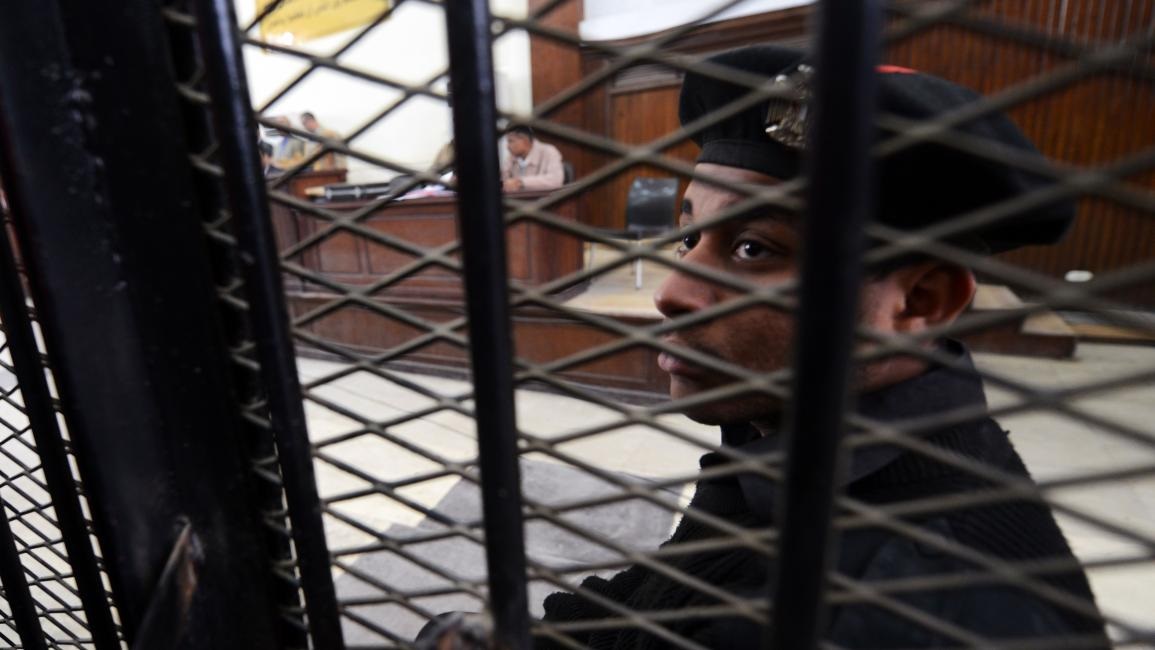Watan-The Justice Committee – Committee for Justice reported that in the final months of 2024 and the beginning of 2025, Egypt’s State Security Prosecutions referred more than 130 cases to criminal trial, involving over 5,000 defendants.
All these cases have been transferred to criminal courts and terrorism circuits, which, according to the committee’s statement released on Friday, are “notorious for their leniency in accepting unreliable evidence and failing to provide fair defense opportunities for the accused.”
The committee expressed concern that these cases involve a wide spectrum of Egyptian society, including human rights defenders, opposition politicians, journalists, writers, economists, unionists, lawyers, workers, youth, women, children, and the elderly from various governorates, from Sinai to Matrouh, and from Greater Cairo to the far south of the country. It added that some of these individuals have already served prison sentences of up to ten years, only to find themselves accused again of the same charges or new fabricated ones.
Additionally, others have been held in pretrial detention for more than five years in multiple cases, in a blatant violation of the Egyptian constitution and laws. Instead of releasing them after exceeding the legal pretrial detention period, the authorities have referred them to criminal trials as a tactic to extend their detention indefinitely, circumventing the law.

In its latest statement, Committee for Justice warned that “these referrals pave the way for trials that lack the most basic standards of justice,” as such a large number of cases is being handled by only two judicial circuits. This, the committee argued, makes it impossible to allocate sufficient time to examine evidence, hear arguments, or allow the defense to adequately present their case.
The Committee for Justice called on Egyptian authorities to “halt the practice of recharging detainees with new accusations (known as ‘recycling detention’), which is being used by the public prosecution to bypass legal restrictions and keep prisoners in custody despite the expiration of their sentences.” It also demanded that Egyptian judicial authorities uphold international standards of justice, ensuring that defendants and their lawyers have full access to case files, the ability to scrutinize evidence, and the right to a fair defense that protects their legal rights.
Furthermore, the committee urged the authorities to “immediately and unconditionally release all those accused in these fabricated cases, as well as all those arbitrarily detained on vague and unjustified charges.” It also emphasized the importance of judicial independence, warning against using the judiciary as a tool to punish political and human rights activists.
In the same statement, the Committee for Justice stressed the urgent need to improve prison conditions in Egypt so that they “comply with national laws and international human rights standards.” The committee highlighted that detainees “suffer from inhumane conditions, including deprivation of basic healthcare, prolonged solitary confinement, and denial of exercise or access to essential needs.”
These conditions, it stated, constitute a clear violation of international treaties on prisoners’ rights. Therefore, the committee called for independent human rights organizations, both local and international, to be granted access to Egyptian prisons to “monitor internal conditions and ensure that authorities comply with humanitarian standards.”
